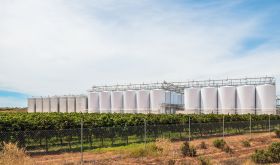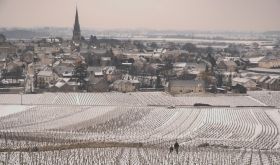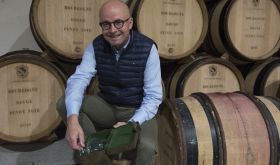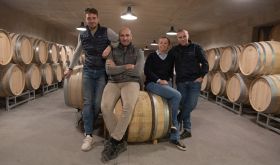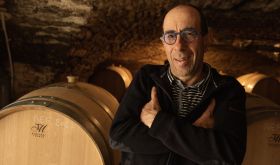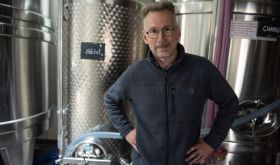Long term followers of this site will know that I have in the past recommended the reports of Jean-Marc Quarin, an independent wine commentator based in Bordeaux whose work is available at www.quarin.com. He is able to give us the sort of continuous eye witness reports which those of us who visit Bordeaux only intermittently cannot hope to match – and is also an assiduous taster.
One of many supportive correspondents on l'affaire Pavie (RIP soon, I hope) drew my attention to the following extremely interesting extract from his most recent report, on St-Emilion:
One of many supportive correspondents on l'affaire Pavie (RIP soon, I hope) drew my attention to the following extremely interesting extract from his most recent report, on St-Emilion:
To come back to Jancis Robinson’s comment, I would just like to share with you something I observed around mid-September. That day, I was tasting the grapes in the vineyards of Pavie. They were shrivelled and had lost the taste which constitutes the very life of the fruit. I was thinking in myself that Pavie should have harvested earlier. At that moment, a tractor drove past me, busy spraying the grapes with lime. The purpose of this measure was probably to prevent the grapes from rotting and to promote their dehydration even more. Considering the heat wave we had this summer, I felt totally confounded by the incongruous action I just witnessed.
PAVIE 90
Tasted four times, of which two times were during blind tastings. Each time, I found it had a lot of colour and a moderately intense nose with notes of ripe rather than fresh fruit and a smell of liquor, not to say raspberry liquor. On the palate, this wine combines liveliness with fat on a quite refined tactile sensation. I regret its lack of savoury taste in mid-palate. Had it been harvested earlier, it would certainly not have been as heavy and it would have kept more life and fruit. In the finish, it becomes very serious, with tannins and wood of the best quality. This wine is substantial rather than tasty and will please the wine lovers of the new world (who should perhaps wonder why this is so) more than those with a palate for classical Bordeaux wines, meaning a model Bordeaux wine. In other words, you must understand that a classical Bordeaux wine is more authentic than a non classical one. Vintage 2003 assessed at the same level as 2002.



